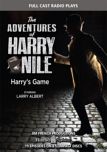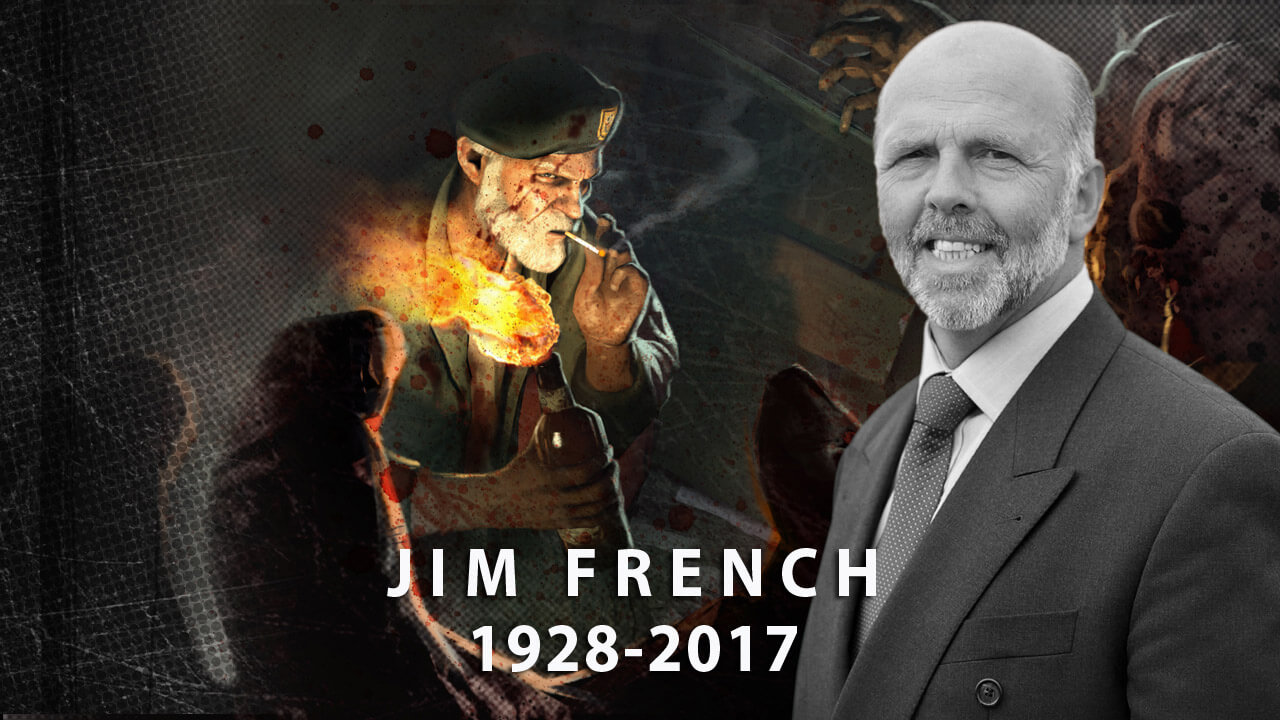

Stewart: Could you give our readers a little background on Harry Nile? I think that our sales were mostly to the Dick Powell Theater, Richard Diamond, and Suspense. When I got out 1948, I teamed with Richard Carr, and he and I wrote scripts for the William Morris Agency.

That was my real basic training in the field. In 1947, in Japan with Armed Forces Radio Service I was given the opportunity to write a weekly, dramatized news program. If I was listening to the Lux Radio Theater or Suspense or The Whistler or any one of the these I listened to regularly, I knew it all was make-believe, but I loved the technique. What got me interested in it was that radio drama was part of life when I was growing up. It’s a way of telling a story, of painting pictures in peoples minds. Because what people of your youthful vintage call “old radio” is really a frequently overlooked, but a very viable way to broadcast. Jim: You say old radio, but to me it is an unfortunate connotation. Stewart: What about your interest in old radio? How did you get started in that? It’s supplemented by information from a tape of a Radio Enthusiasts of Puget Sound (REPS) 1991 meeting that featured that Jim French.

It first appeared in the November 1998 issue of Return With Us Now…, the official newsletter of The Radio Historical Association of Colorado, and is reprinted with permission. The following article is based on interviews Stewart Wright conducted with Jim French, who created Seattle private eye Harry Nile, and Phil Harper, the actor who played Harry. It appeared regularly on the KIRO Mystery Playhouse in Seattle, Washington and on the internationally-syndicated Imagination Theatre.

Stewart Wright Interviews the Men Behind The Adventures of Harry Nileĭecades after the Golden Age of Radio, the radio detective still lived on in The Adventures of Harry Nile, the longest running private detective audio series in the history of American broadcasting, running from 1976 to 2019, an incredible 35-year run.


 0 kommentar(er)
0 kommentar(er)
